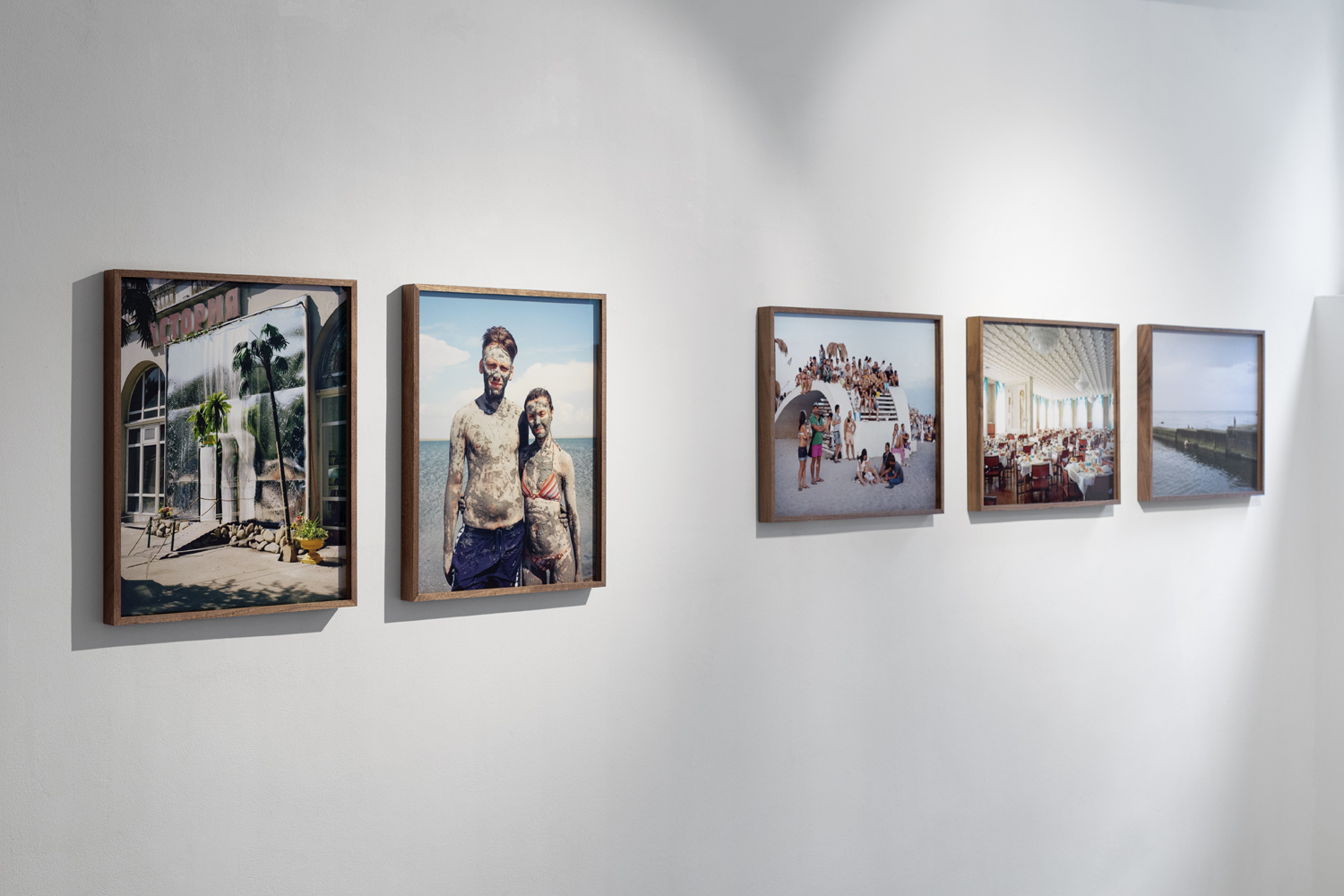Past Perfect Continuous, views on Crimea #1

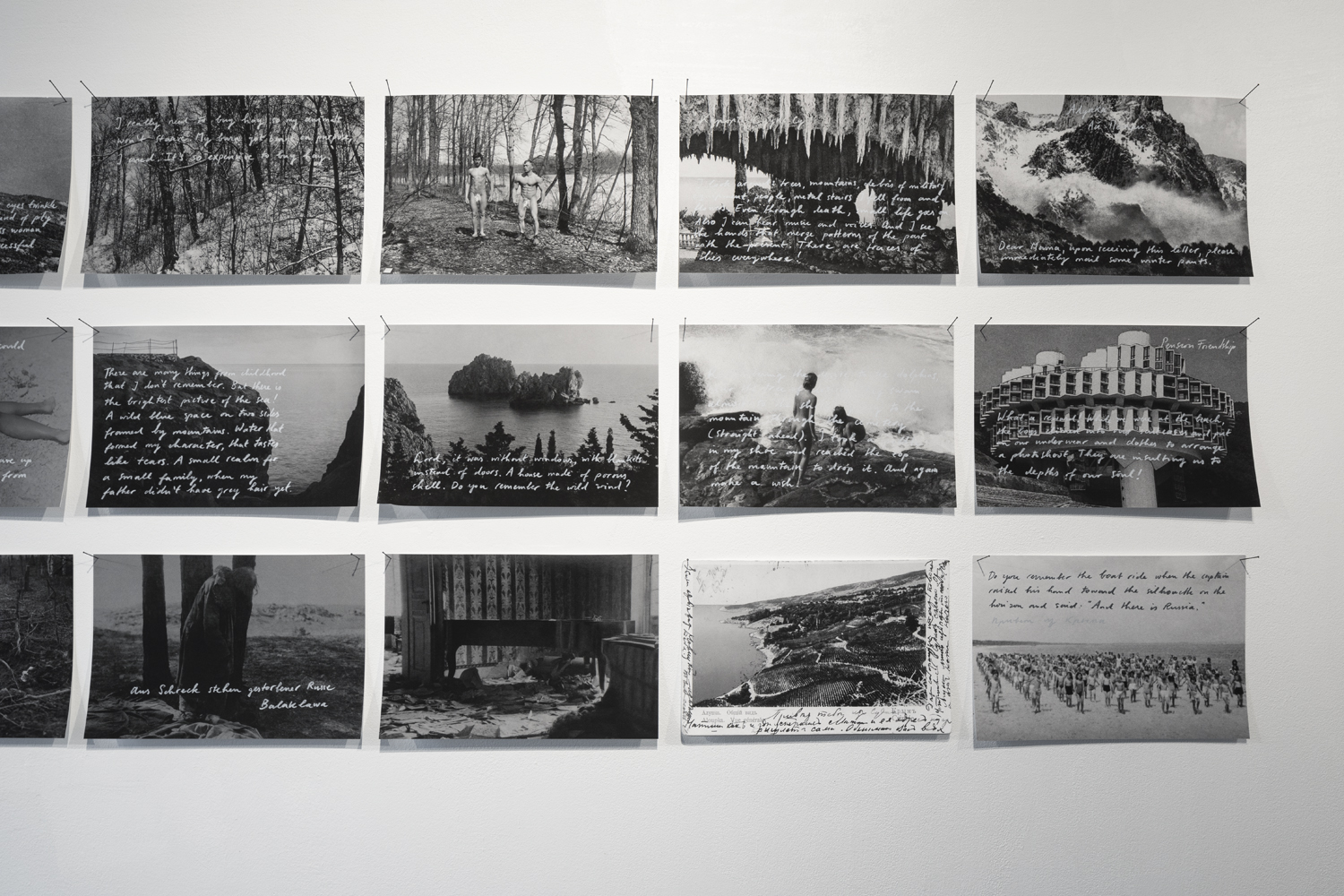
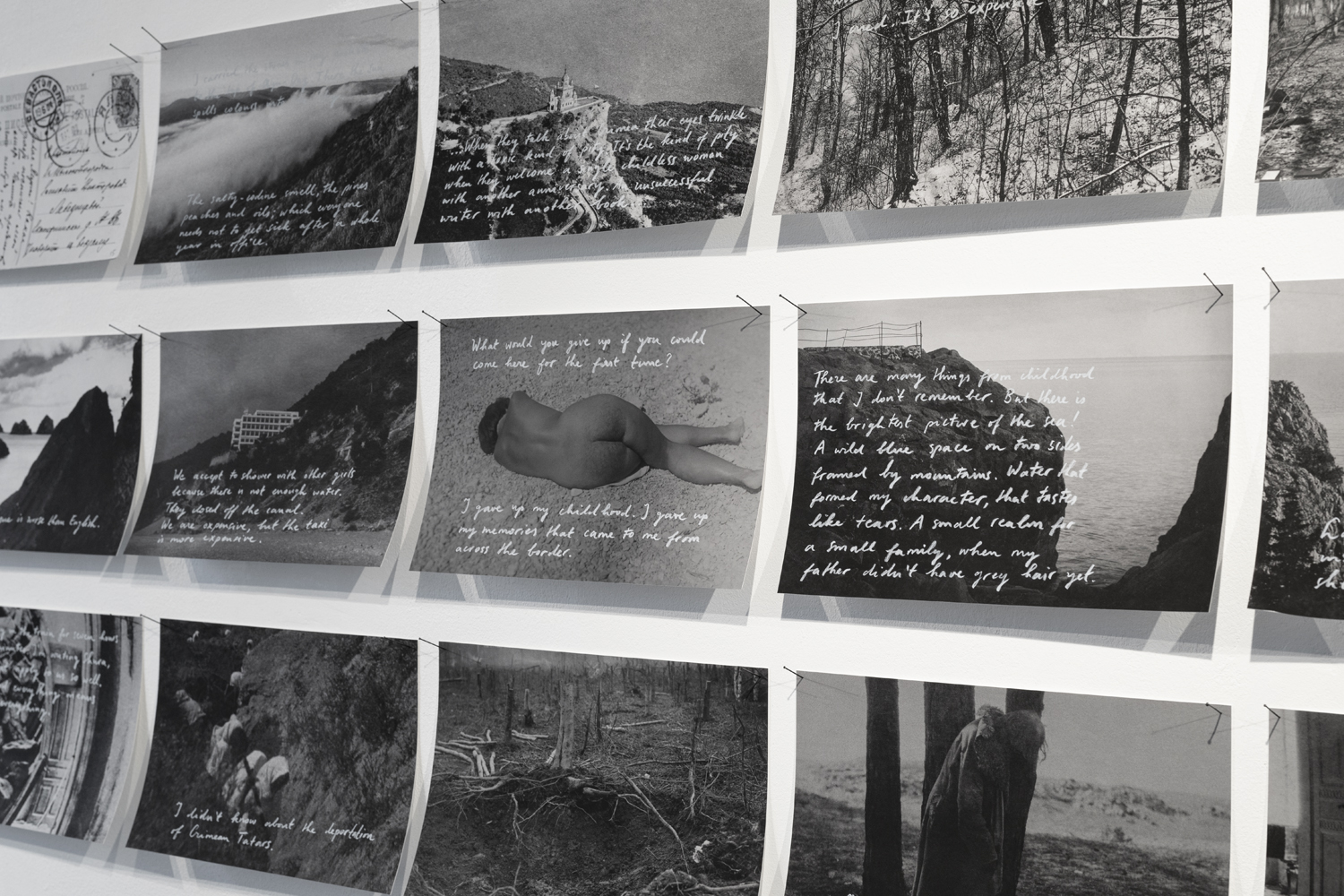
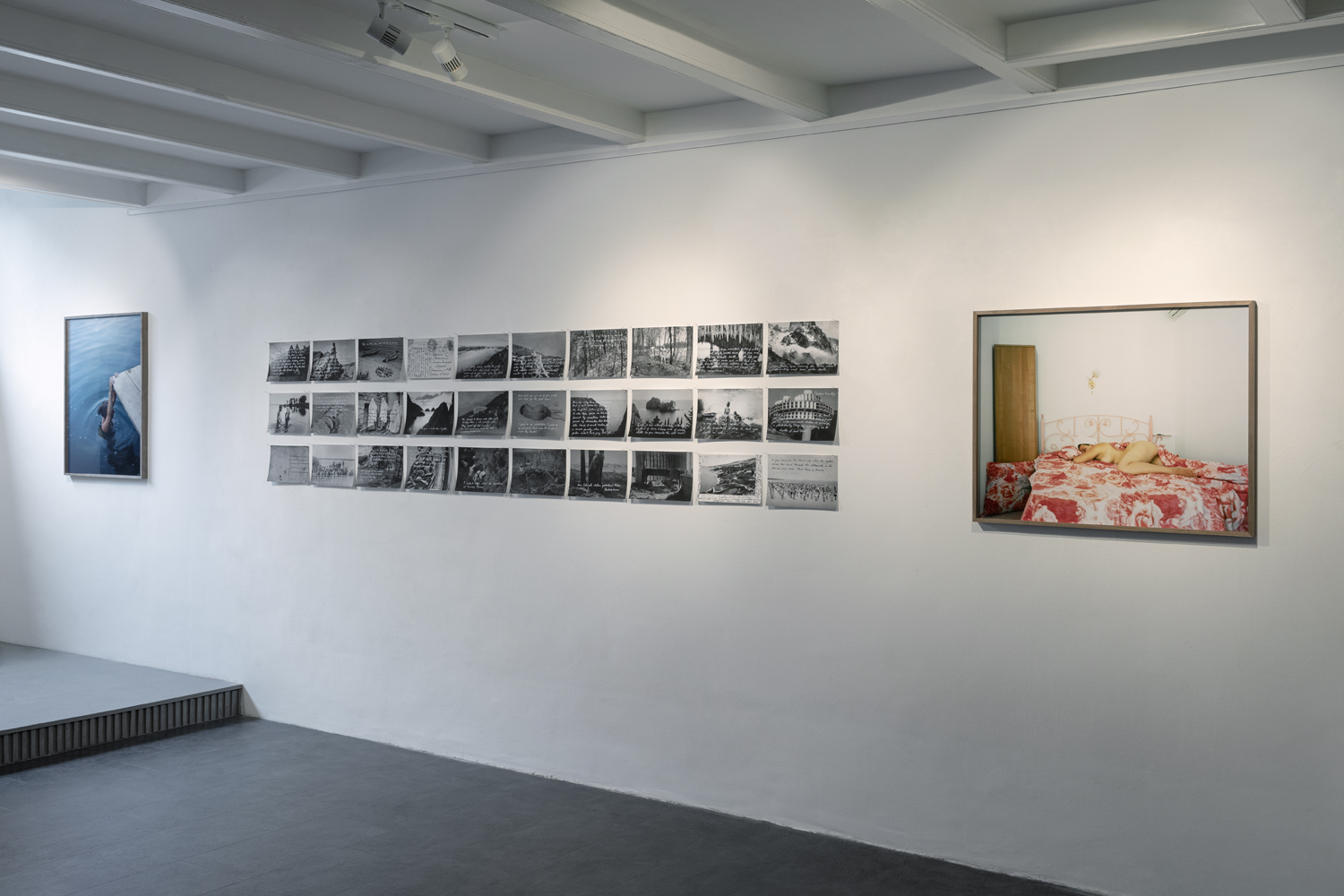
Crimea always was a place to arrive and to leave again. Over the centuries, many have wanted to own this diamond-shaped peninsula. Many settled, but they eventually had to move on, sometimes centuries later. You can feel at home, but no one can ever really own Crimea.
In this day and age of Russian occupation generations of Ukrainians are not willing to visit Crimea, families are divided between the peninsula and the mainland, and there are thousands of Crimean's who had to flee from economic or political threats and rebuild their lives as internal displaced refugees in mainland Ukraine.
For so many Ukrainian people the Crimean landscape is full of emotionally resonant sites, that act like a frame of reference and enshrine someones identity.
Are we all destined to feel nostalgia for the past that we have never experienced ourselves, and why do we wish for our loved ones not only to remember the written or visual accounts of our past, but to melancholically dream up images, sounds and smells of the places in our memories that they couldn't have remembered? Do we seek an escape, a portal to another world? A hidden secret, a truth?
In this day and age of Russian occupation generations of Ukrainians are not willing to visit Crimea, families are divided between the peninsula and the mainland, and there are thousands of Crimean's who had to flee from economic or political threats and rebuild their lives as internal displaced refugees in mainland Ukraine.
For so many Ukrainian people the Crimean landscape is full of emotionally resonant sites, that act like a frame of reference and enshrine someones identity.
Are we all destined to feel nostalgia for the past that we have never experienced ourselves, and why do we wish for our loved ones not only to remember the written or visual accounts of our past, but to melancholically dream up images, sounds and smells of the places in our memories that they couldn't have remembered? Do we seek an escape, a portal to another world? A hidden secret, a truth?
The exhibition is a probe and is rooted in the mystery and delight of coming across postcards in private archives. It tries to push beneath the nostalgic surface of these pictures, re-reading them as luminous transmissions of anticipation, bringing with it a metaphoric richness that parallels that of dreams and nightmares. I build repositories of my own photographs and found postcards, from which I appropriate, edit, and sequence in order to create a new fictional journey about Crimea inaccessible to visitors and inhabitants.
All that is left of Crimea for protagonist Anastasiia are pictures and postcards, mental and physical, which she, just like I do, reshuffles, hoping to extract some thread of continuity from the random fabric of experience, even when the messy contingency of the world rushes back in. It is an attempt to understand how we replay and recreate our past over and over again, intuitively and openly poetic.
![]()
All that is left of Crimea for protagonist Anastasiia are pictures and postcards, mental and physical, which she, just like I do, reshuffles, hoping to extract some thread of continuity from the random fabric of experience, even when the messy contingency of the world rushes back in. It is an attempt to understand how we replay and recreate our past over and over again, intuitively and openly poetic.
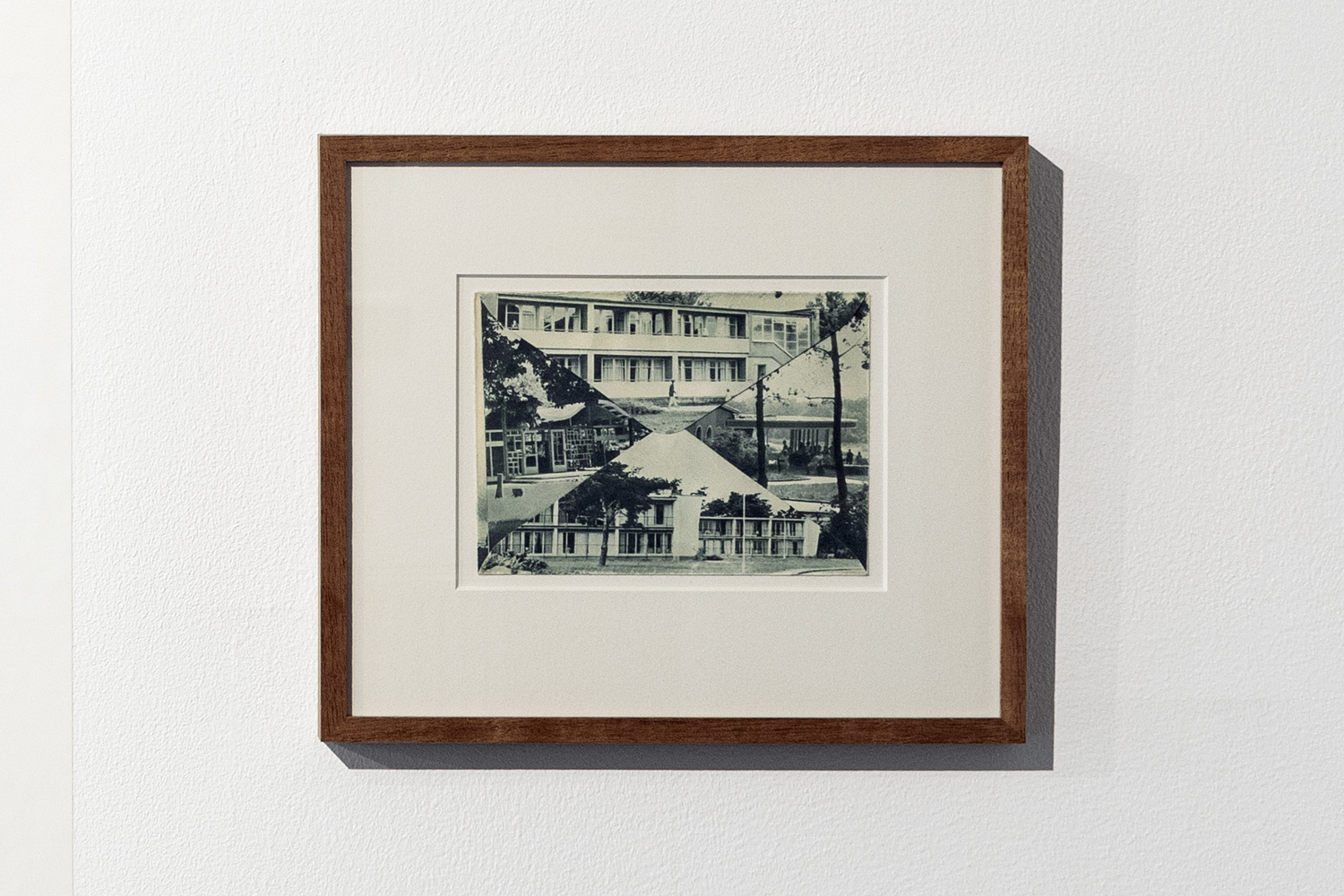

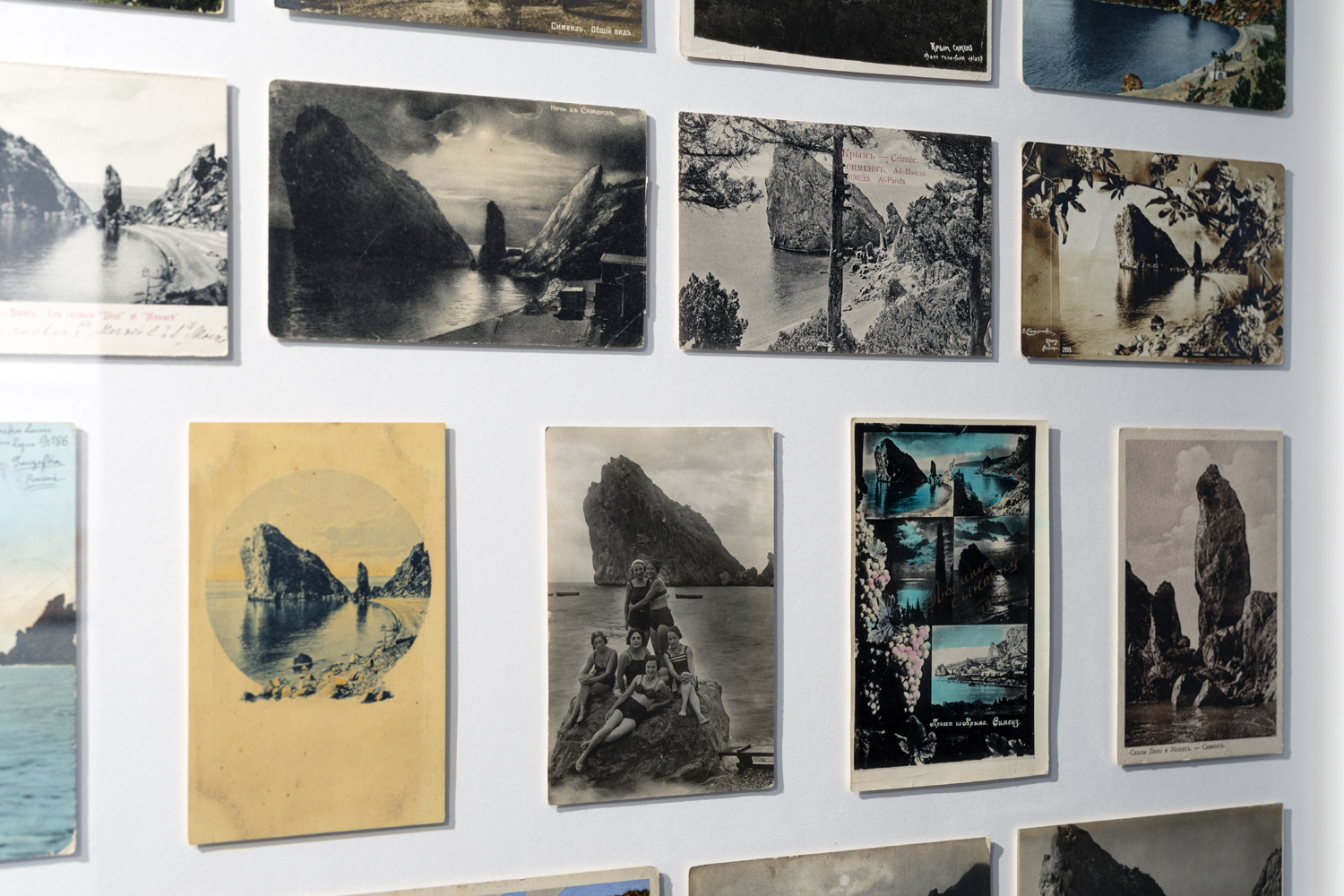
It's not yesterday anymore. From the entrance of café "Ezhiki" (Hedgehogs), you could look down on a striking rock formation rising from the seashore. They were called The Diva and The Monk, standing side by side.
Simeiz used to be the most flamboyant nudist gay beach of the former Soviet Union, when homosexuality was still criminally prosecuted and hundreds of Soviet gays were jailed each year.
This remote oasis of free thought and expression is nowadays closed. The Monk somehow got decapitated and censored, but The Diva kept her grandeur. She stands in the face of power, for she is fearless and gentle; with the goodness of the sun.
Simeiz used to be the most flamboyant nudist gay beach of the former Soviet Union, when homosexuality was still criminally prosecuted and hundreds of Soviet gays were jailed each year.
This remote oasis of free thought and expression is nowadays closed. The Monk somehow got decapitated and censored, but The Diva kept her grandeur. She stands in the face of power, for she is fearless and gentle; with the goodness of the sun.
